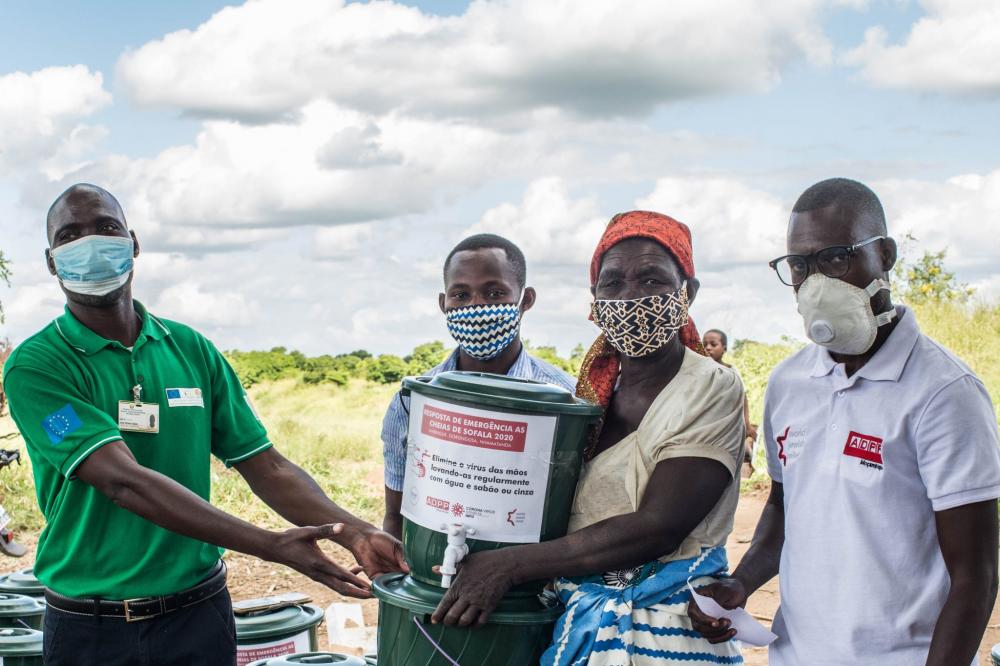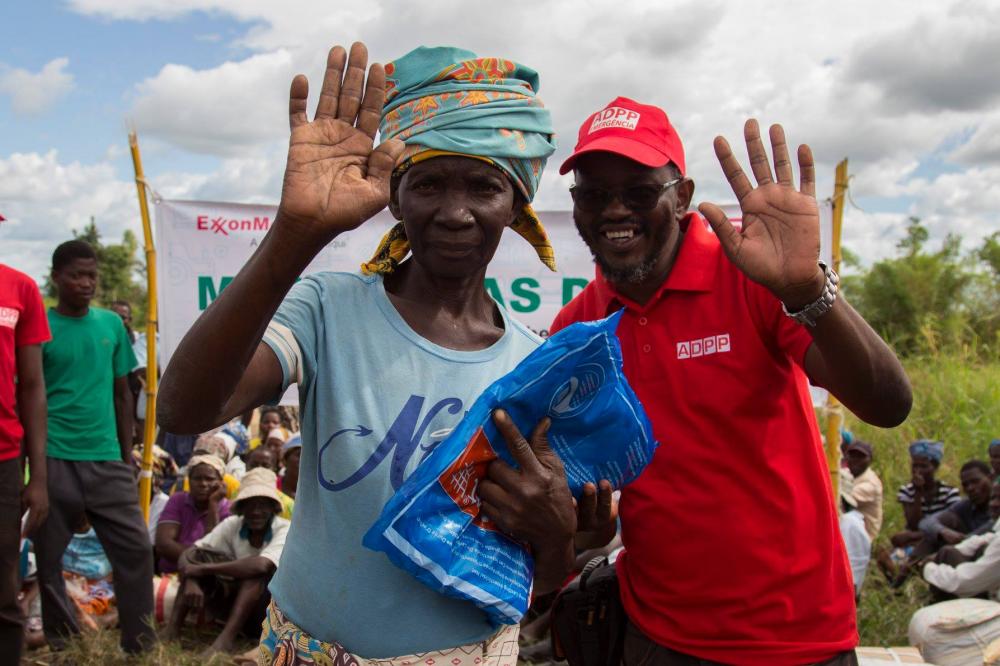consent_cookie
Duración: 1 year
Stores the user's cookie consent state
CONTEXT
In recent years, we have seen an increase in humanitarian needs, as a result of the consequences of climate change. In 2022, for example, the number of people requiring help increased by 33% compared to the previous year, mainly due to long-term crises.
In the countries where Humana works hand in hand with its local partners, such as Mozambique, Zimbabwe, Malawi, the Democratic Republic of the Congo or Belize, the urgency of humanitarian aid has become more evident than ever due to the increase in frequency and intensity of natural disasters, affecting vulnerable communities to a greater extent.
Furthermore, climate change intensifies poverty, food insecurity and lack of access to basic resources in these communities, which increases their vulnerability to natural disasters.
EXPERIENCE
Within this framework, Humana works to consolidate itself as an essential player in the field of humanitarian aid, based on its accumulated experience and its localization approach.
This experience comes, on the one hand, from the development actions implemented in recent years. Humanitarian projects connect to development goals by addressing vulnerabilities and strengthening resilience in communities. This contributes to long-term development and sustainability.
In addition, Humana has proven experience in initiatives to combat climate change, which allows for the implementation of effective adaptation and mitigation strategies, through programs that reduce the vulnerability of communities to climate disasters and promote sustainable practices.
WAY OF WORKING
The way of working directly through local organizations is essential to carry out humanitarian aid efficiently and effectively. Local organizations have the ability to mobilize quickly, which is essential in emergency situations. Your local knowledge is key to providing quick and effective responses.
By supporting local organizations, communities' resilience is strengthened to face and recover from future disasters. Local autonomy and empowerment are promoted, allowing for sustainable and long-term recovery.
ACTIONS
In recent years Humana has increased its efforts to support local communities through response, recovery and disaster risk reduction interventions, particularly in areas affected by Cyclone Freddy (2023) in Malawi and in Mozambique by the Cyclone Idai (2019).
In close collaboration with the national District Disaster Offices, our intervention places strong emphasis on proactive preparedness and anticipatory measures before a disaster strikes.
Once such a disaster occurs, our main focus changes, in order to improve the living conditions of the affected people, including those within the displaced camps, by improving housing, ensuring food security and promoting hygiene practices.
After this immediate response phase, our efforts are focused on fostering socioeconomic recovery. To do this, we work together with communities to revitalize agricultural activities and establish strong social safety networks. This multifaceted approach aims to not only help communities rebuild but also strengthen their resilience in the face of climate-induced disasters.
Humana is a signatory of The Code of Conduct for the International Red Cross and Red Crescent Movement and NGOs

